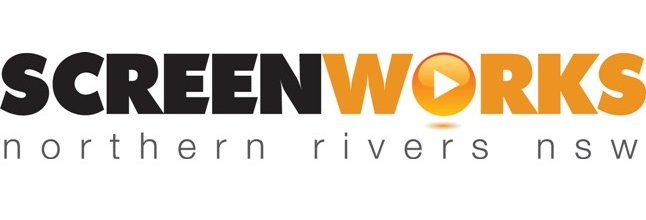Captioning, transcription and audio description requirements
Media Access Australia does not directly provide captioning, transcription or audio description (AD) services to organisations for TV, video and/or online. We don't have the internal resources to do the work and instead concentrate on advocating for web and digital inclusion for people with disability. However, we do know who does this work.
Top of page



